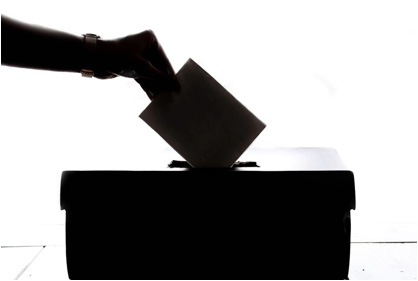- Home
- Areas of Practice
- Oklahoma City DUI Defense Lawyer
- White Collar and Embezzlement Charges
- Oklahoma City Drug Charges Lawyer
- Gun Charges Lawyer in Oklahoma
- Assault & Battery and Domestic Violence Charges Lawyer OKC
- Oklahoma City Probation Violations Lawyer
- Oklahoma City Theft Lawyer
- Expungements – Erase Your Criminal Record
- Locations We Serve
- About Us
- Results
- Contact
- Resources
- Am I Going to Jail? Free Guide
- What is an arraignment?
- Newsletters
- Top 10 Tips to Find the Best Attorney
- What to Expect at the Courthouse
- 7 Things You Need to Know in the Early Stages of a Criminal Case
- Frequently Asked Questions
- Legal Defenses to Criminal Charges
- Understanding Oklahoma DUI Laws: What You Need to Know

